Clumps & Snags Poetry Workshop
A poetry workshop series intended to aid, guide, and foster one’s creative and poetic intuitions and potentials.
A little bit about Clumps n’ Snags! Clumps in mashed potatoes are unpleasant. The occasional clump here and there is a delightful surprise, but adding margarine and milk smooths them out nice and even. It’s the same with pancakes, little pockets of dry flour in our pancakes isn’t good. They almost always turn out burned or too soggy, and it’s a disaster in the kitchen from the beginning! It’s much the same with poems. We tend to find difficulty with our own work when it seems like we still need to revise and smooth some things out.
As for snags, fishing folks never like catching tree bass. We may cast our lines out onto the water, but we’re hoping to catch more than driftwood or an old spare tire. What’s worse is when our fishing spool is ridden with knots, ties, and snarls. With poetry, we may have a particular aim that always falls dead in the water. We might have all these ideas twisted and snagged in our fishing spool—or in this case, our “inner register”—and it always seems to reflect on one of our first drafts.
Workshop Premise: This poetry workshop is meant to attract the hobbyists, the academics, the poetry-curious, the friendly, the beginners, and the seasoned to build on their intrinsic knowledge and sensibilities as poets and hone their creative abilities. Clumps n’ Snags’ process offers a brainstorming environment centered around structural constraints. We’re hoping to even out the clumps and snags in the poem for the intents and purposes of revealing more potential avenues in the drafting process as the work develops.
The workshop is meant to offer the following:
- A “poetry toolbelt” meant to aid participants as they grapple, dissect, and revise their work.
- Word pool
- A familiarity with poetry structures, old and new, as well as the know-how to build your own
- A tuner for “the mind’s eye”/“the mind’s ear”
- A sharpener for the “inner register”
- An opportunity for participants to offer their poems a “second chance” and rejuvenate the life in their old works.
- Identify poetry “clumps”/“snags” and how to fix them.
- Provide an inviting, warm, and friendly escape from the weekly calendar to be creative and flex our imaginations(!!!!)
How it Works
Free-write
In the initial stage in the workshop, participants are asked to write free from confines, verse, meter, or rhyme to their hearts content. No limits, no boundaries, no judgements, this stage is meant to help us
- Tap into our flow state
- Let our wild minds free
- Surprise ourselves with what comes out of our pen, and the thoughts we may have taken for granted.
- Pay attention to the ever-illusory muse write: the poem that comes out perfectly in one sitting.
*If participants aren’t feeling inspired or are still skittish with writing down anything and everything, conceptual prompts may be introduced as a viable alternative as opposed to improvisation from thin air. As we delve into the workshop process, we’re hoping to tap into a creative flow state with more ease, take more risks with our work, and develop our creative spontaneity.
Some Quick Workshop Phrases and Features
Poetry Clumps or Metaphor Clumps: As best defined, is the outcome of letting child mind free on the page. Most of the time in the beginning stages, our poetry is rife with unclear ideas mushing into each other. Some stanzas hold promise, while others may leave our readers scratching their heads. It’s as though, like making pancakes or mashed potatoes, we strive for seamless, blended ingredients, but wind up with little pockets of flour, or bits of yolk streaking through the mixture. We wanted smooth, creamy mashed potatoes, but little chunks of potato weren’t fully mashed or stirred. After we can identify the clumps in our poetry, we use the re-drafting process to parse through the metaphors, images, etc. to smooth them out.
(Plan on providing examples from my own writing in workshop.)
Poetry Snags: This is more of a common problem for Slam Poets and Spoken Word Artists. While reading work aloud, or even while reading over our own work, we run into lines where we get tongue tied, or for whatever reason, despite all the memorization tactics, we can’t for the life of us remember that one line. Almost like snagging fishing line on a stick while fishing, or catching the proverbial tree-bass, there are those lines in poetry which rob us of our stage presence and leave our audience slightly disenchanted. After identifying snags in our work, we can disentangle the lines for a smoother read over.
(Again, plan on sharing some foibles. Thinking of letting people share their own mistakes and/or finding professional errors in collections, but I’m uncertain…no one should feel judged!)
Take it or Leave it Bin: In the spirit of discovering and inventing new forms and structures, the Take it or Leave it Bin will be an accessible resource for participants to leave poems, journals, essays, etc. for the group to leaf through, read, and perhaps (with tentative time frames in mind) discuss contributions to the bin in a manner that ties into the exercises. I am trying to keep a balance between an academic lecture and a hobby workshop, and I think this feature helps maintain a happy equilibrium. Participants should get whatever they want to know about poetry from this workshop, whether it’s working on a collection, a creative soundboard, or just to noodle some poems and have fun!
I’ll start the “Take it or Leave it Bin” with two of my own contributions.
- A pre-made word pool and
- A template of poetry forms pulled from John Hollander’s Rhyme’s Reason as well as a couple internet sources which may hopefully serve for inspiration and further experimentation.

